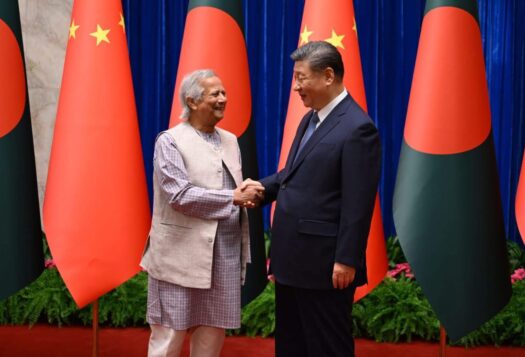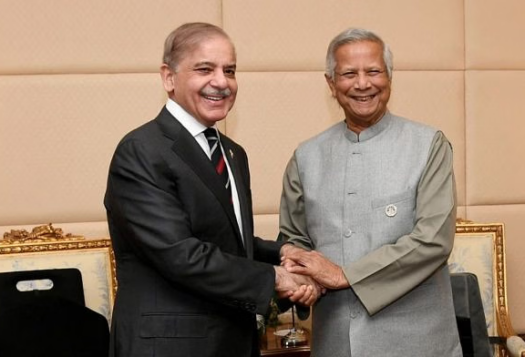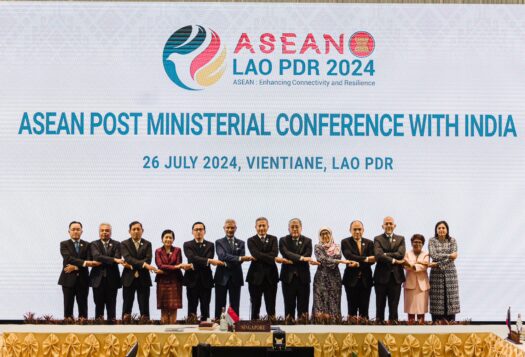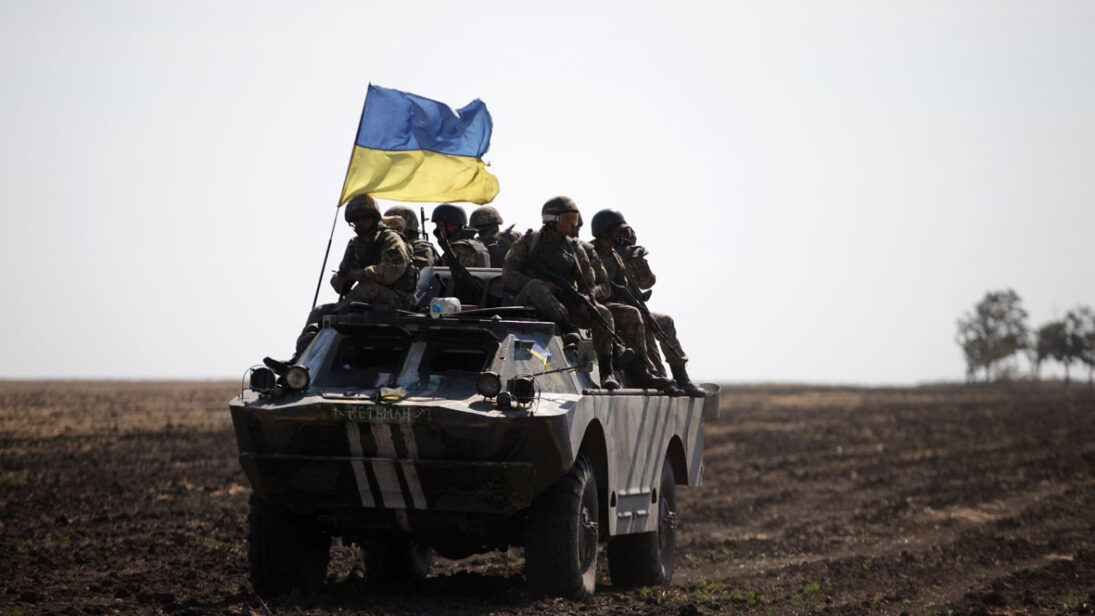
As the world grapples with the Ukraine crisis, countries are acting carefully to preserve their relationships with all parties involved. Pakistan, a key non-NATO partner of the United States, chose to abstain from voting on a United Nations Security Council resolution that condemned Russia’s aggression against Ukraine. Pakistan was not alone; thirty-four other states, including India, Bangladesh, and Sri Lanka, also chose to abstain from the UNSC resolution. Despite increasing pressure from West, policymakers in Islamabad remain resolute about their neutral position. Prime Minister Imran Khan and Foreign Minister Shah Mahmood Qureshi have reiterated on various occasions that conflict is in no state’s interest and a solution must come through diplomacy, while avoiding explicit mentions of Russia as the aggressor in the conflict. Clarifying Pakistan’s position on Ukraine crisis, Pakistan’s Foreign Minister Shah Mahmood Qureshi in an interview with Voice of America said: “We do not want to be part of any camp. We have paid the price for being in camps. That is why we are very carefully treading. We don’t want to compromise our neutrality, and that’s why we abstained.”
Amid intense global backlash against Russia, Pakistan’s guarded stance on the Ukraine crisis may have come off as a surprise considering Pakistan-Russia bilateral relations only improved after 2014 and Pakistan shares considerable trade ties with Ukraine. However, the trajectory of Pakistan’s relations with the West, especially the United States, laid the groundwork for Pakistan’s muted response to the invasion of Ukraine. Diminishing communication with the United States, India’s growing defense capabilities and partnership with the United States, and U.S. ambivalence towards the revocation of Article 370 and 35A by India have made Pakistan less willing to risk other relationships to support the United States’ stance on global issues. Moreover, the unresolved security situation in Afghanistan in the backdrop of the abrupt U.S. withdrawal remains Pakistan’s major foreign policy concern, regardless of the situation in Ukraine.
Explaining Pakistan’s Neutrality
Pakistan’s restrained reaction to the crisis in Ukraine stems from its relationship with the United States, the security threat posed by India, the growing partnership between the United States and India, and Islamabad’s relationship with Moscow.
The trajectory of Pakistan’s relations with the West, especially the United States, laid the groundwork for Pakistan’s muted response to the invasion of Ukraine.
Pakistan’s stance on the Ukraine Crisis may have been different had Washington instituted more productive policies to work with Islamabad, especially under the new administration of President Joe Biden. Historically, Pakistan has shown interest in communicating with its Western partners, even at the cost of balancing its ties with China, its longstanding partner. In the wake of the U.S. withdrawal from Afghanistan, lack of communication from the United States has led to growing mistrust between the two countries. Without consistent dialogue, Pakistan had no viable cooperation mechanism with the Biden administration, and instead chose to prioritize its economic relationship with Russia when formulating its response to the Ukraine crisis.
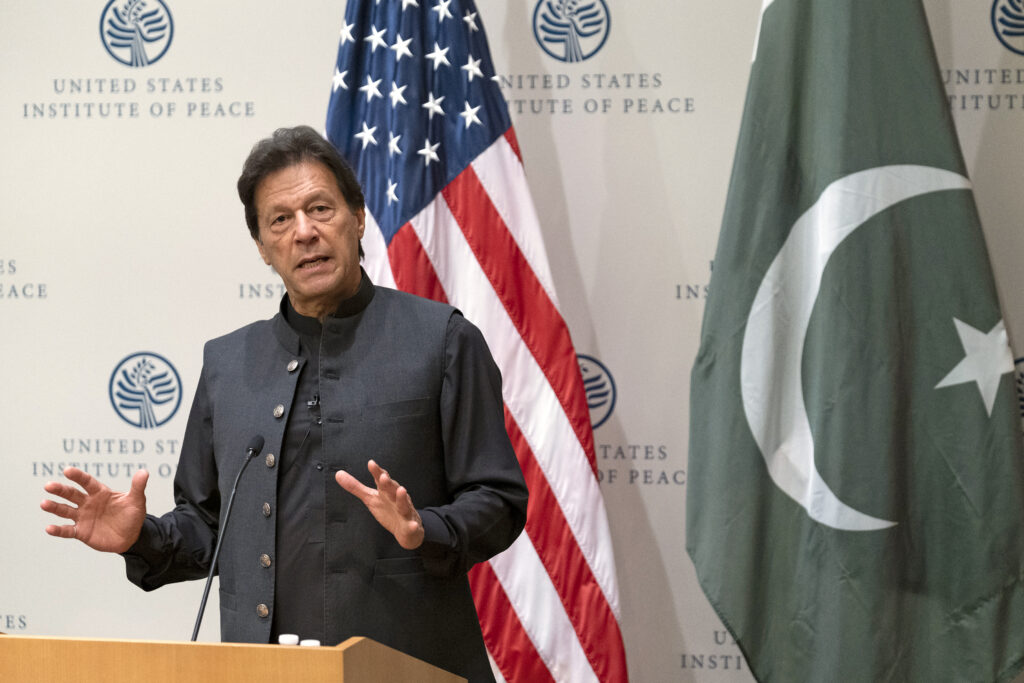
Pakistan’s security concerns about the growing defense capabilities of India are exacerbated by deepening Indo-U.S. defense cooperation. The United States and India are set for another 2+2 Dialogue in 2022, an important event considering the previous 2+2 Dialogue 2020 resulted in the signing of the Basic Exchange and Cooperation Agreement (BECA), a foundational defense agreement between the United States and India. The trends have caused apprehensions and resentment within Islamabad policy corridors, who feel the United States is disrupting the traditional balance of power in the region. Pakistan was also aggrieved by U.S. silence after the revocation of Article 370 and 35A of the Indian Constitution in August 2019, which stripped the disputed region of Jammu & Kashmir of its special status. Lack of willingness from Washington to discourage India’s human rights abuses and democratic backsliding served as a wake-up call for Islamabad and a reminder of changing geopolitical realities.
Cultivating a relationship with Russia is currently the most viable option for Pakistan to maintain security in Afghanistan and add a layer of stability to its contentious relationship with New Delhi.
Another important factor driving Pakistan’s reaction to the Ukraine crisis is its relationship with Russia, which began improving after Russia lifted an embargo on arms supplies to Pakistan in 2014. The warming of Pakistan-Russia ties converged with the development of Pakistan’s relationship with China. Russia and China offer economic partnerships with fewer strings attached than the United States. More importantly, in the wake of the Taliban’s return to power, Russia is a key player in Afghanistan and maintains a relationship with India. While Pakistan is open to working with the U.S. government for stability in Afghanistan the region more broadly, it also seeks the support of regional countries as well as Russia and China. Cultivating a relationship with Russia is currently the most viable option for Pakistan to maintain security in Afghanistan and add a layer of stability to its contentious relationship with New Delhi.
Implications of Pakistan’s Stance on Ukraine
Time will tell whether Islamabad properly weighed its competing interests as it pursued neutrality in the Ukraine crisis. Civil society and political analysts within Pakistan are divided between calling Pakistan’s neutrality on Ukraine crisis a wise decision or a short-sighted call. Pakistan is currently facing an existential economic crisis, driven by its USD $130 billion debt, position in Financial Assistance Task Force (FATF) grey list, and reliance on International Monetary Fund (IMF). Despite its growing economic ties to Russia, Pakistan’s major export markets remain the United States and Europe. Pakistan’s damaged relationships with the United States and Europe are likely to exacerbate these economic hardships and have long-term consequences for the country beyond economic domain as well.
While Pakistan has thus far struck a neutral tone and refused to condemn Moscow, Islamabad may reevaluate its stance in the coming months as the conflict drags on and Russia continues its hostile actions. President Putin’s choice to invade Ukraine the same day Prime Minister Khan arrived in Moscow certainly disregarded the impact on Pakistan’s relations with the West. Moreover, despite Pakistan-Russia rapprochement in 2014, the bilateral ties have never been steady. Most importantly, Russia still maintains its strategic partnership with India, calling in to question whether Russia’s interest in deepening ties with Pakistan emerged from genuinely wanting to build economic and security ties with Islamabad, or rather to draw India away from the United States. Lastly, is it likely that Pakistan’s relations with the West will be severed beyond repair if Islamabad’s policy continues to be perceived as tacit, yet unequivocal support for Moscow. At what point should Pakistan reevaluate its course? And would doing so help Pakistan’s interests or simply further place strain on additional partnerships? Regardless of its future actions, Pakistan’s response to the Ukraine crisis is a stark reminder of how states, especially smaller powers like Pakistan must make difficult choices amid evolving crises and global competition. Perhaps, neutrality comes at a price.
***
